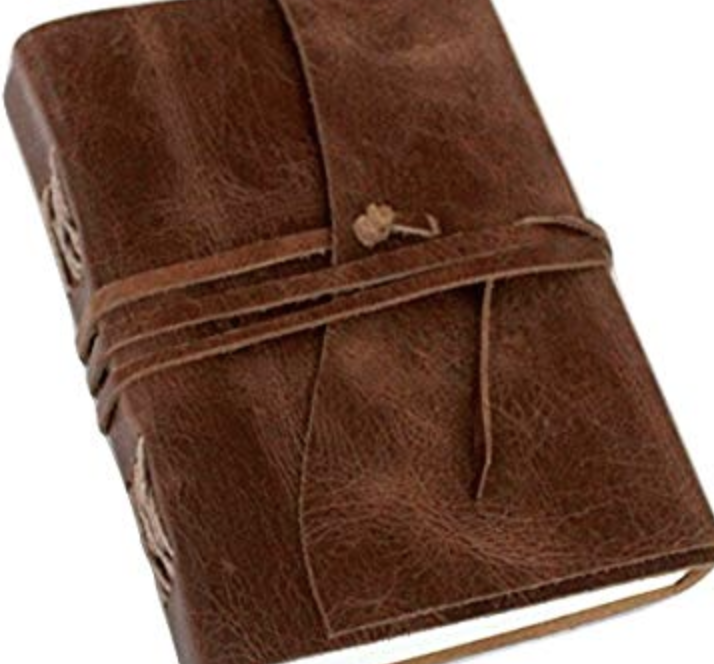the Dracula diaries experiment

As schools and universities all over the country are scrambling to try to figure out how to move to remote teaching and learning in a time of great uncertainty, I am trying to stay focused on how I will do this in the least complicated ways for my students. Pedagogically, that means figuring out the top priorities for what I hope they will get out of what remains of our semester and then working on a plan that allows for multiple methods of achieving those goals, including substituting asynchronous strategies for a lot of what we used to do face-to-face. Existentially, it means trying to figure out how to keep what most sustains us about the intellectual inquiry and sense of community that a classroom provides, and being willing to throw out all the rest. Practically, it means I’m going to ask them to start keeping a diary.
I have decided to throw out the research project that was going to occupy the last five weeks of term. And, oh, reader, it was going to be such a cool project! But the archival and other skills I was excited to teach them are just too complicated to try to navigate remotely, and I want them to have a final project that feels manageable and acknowledges that they may be seeking ways to feel grounded or stay connected right now. I might as well use my class to model what I always say I believe–that the study of literature is really a great way to help you process what goes on in the world.
So because we are reading Dracula, we are going to do a project that uses that novel as model. I am going to ask them to write in a diary for fifteen minutes every day. They can write about anything, which need not be related to this class at all: what they are worried about, what they noticed today, what they ate for lunch. The goal is simply to get them writing daily as a way of observing and recording what is going on around them and what they think about it. Then, in the last two weeks of term, I am going to have them build a multi-genre, composite/collage text, that will include excerpts from their diaries (so they do not have to show me anything that feels too personal) along with excerpts from texts we’ve read, memes, photographs, sketches, or any other documents they want to pull in to reflect on the semester and create a paper with a clear thread or through-line of ideas.
Basically, I am going to ask them all to become Mina Harker–to think about all the material they have in front of them related to the work of our class, and to choose the pieces of it, and the order in which they want to put them, in order to tell one version of the story of what we’ve learned in the last few months. It is my hope that having talked about the process of assembling the novel Dracula, the “genre” will be a fun challenge. And that having given them the space to write about how they are feeling about what is going on around them, they will be able to make some interesting connections between our own fumbling efforts to make it through this last bit of the semester while a pandemic rages, and the Victorian material on feasts and famines (the course topic) they’ve been reading about.
Consumption, access to food, etiquettes of dining, pronouncements about who is deserving, spectacles of poverty or wealth, the role of sympathy in creating change, empires and the movement of commodities around the world, the difficulties of cooking with limited supplies, the transporting delight of a good dessert…as I started to make a list of topics of conversation we have already had throughout this course, I felt like these final projects were practically writing themselves. I hope they are excited to try this new kind of project, that it feels both relevant and manageable.
And, in the meantime, I am going to ask them to check in to our virtual meetings with things like a picture of their lunch or the name of their favorite childhood food. Personally, I will be mentioning my midwestern grandmother’s “strawberry jell-o salad” at some point. Because we all need to recall the things that have made us feel connected to others in our lives right now.